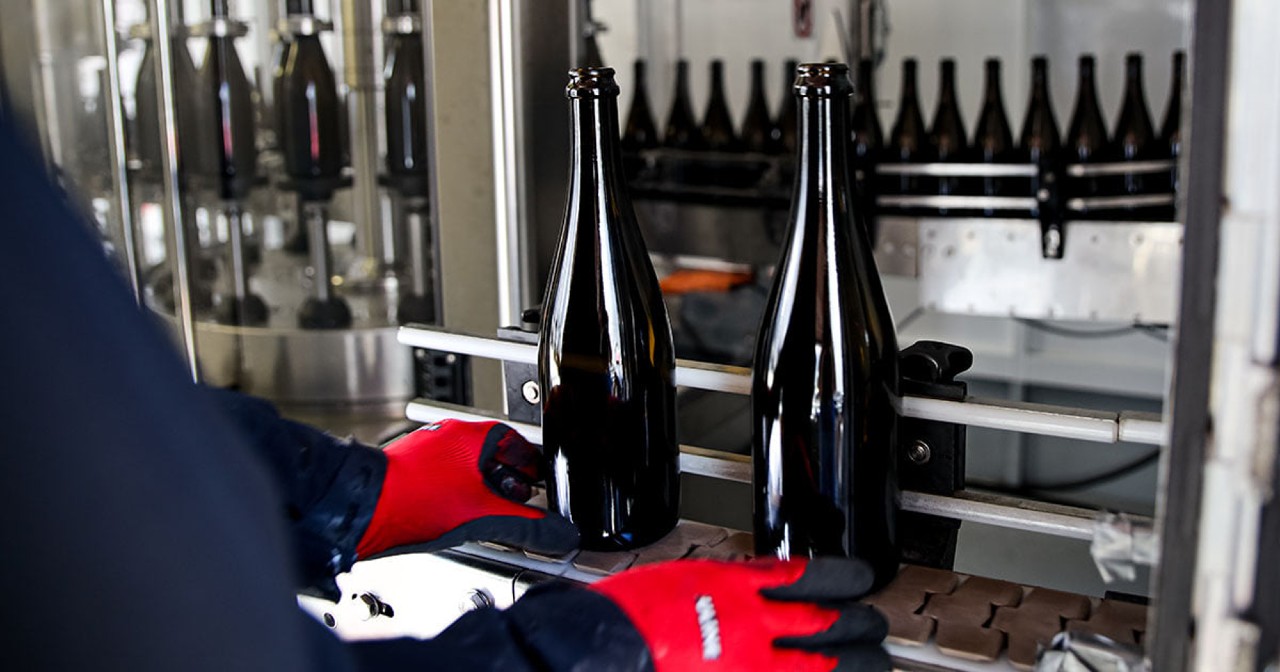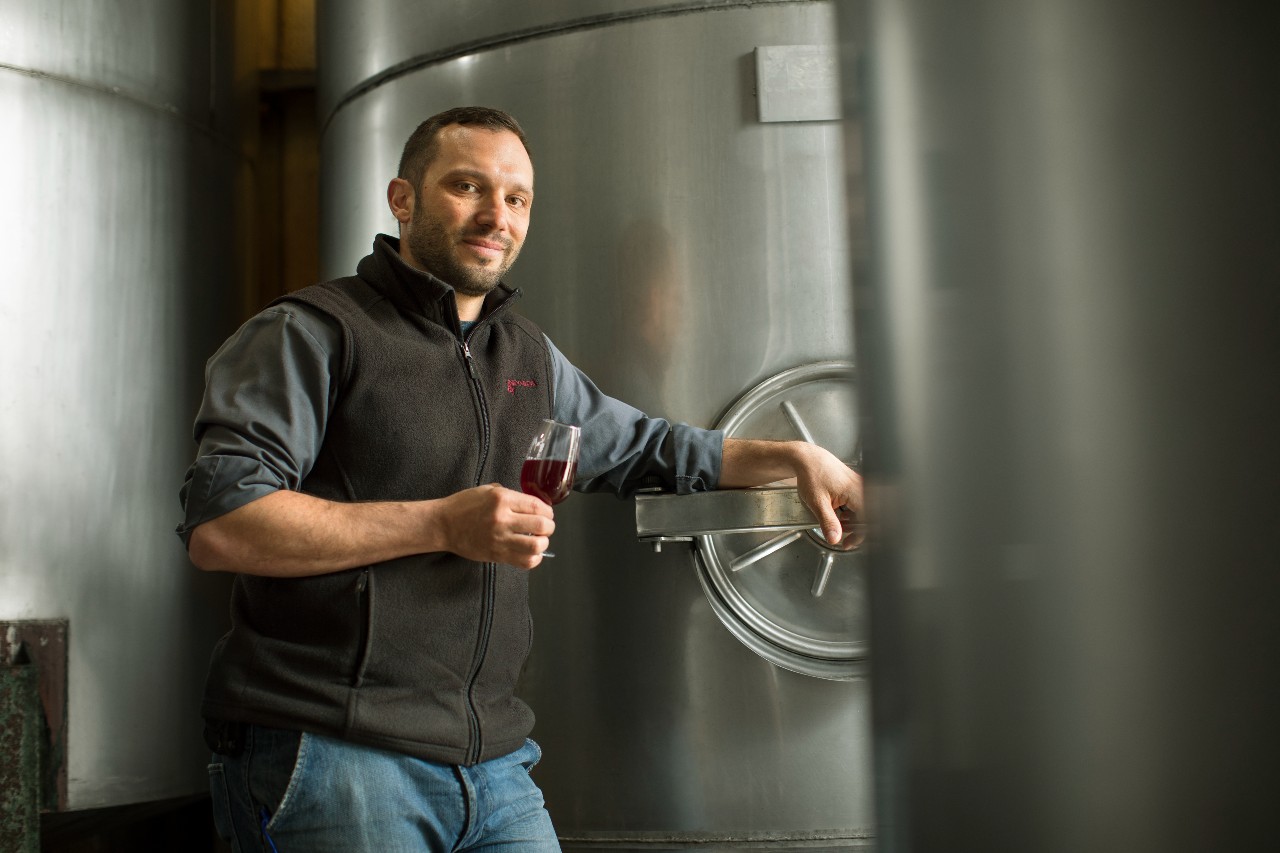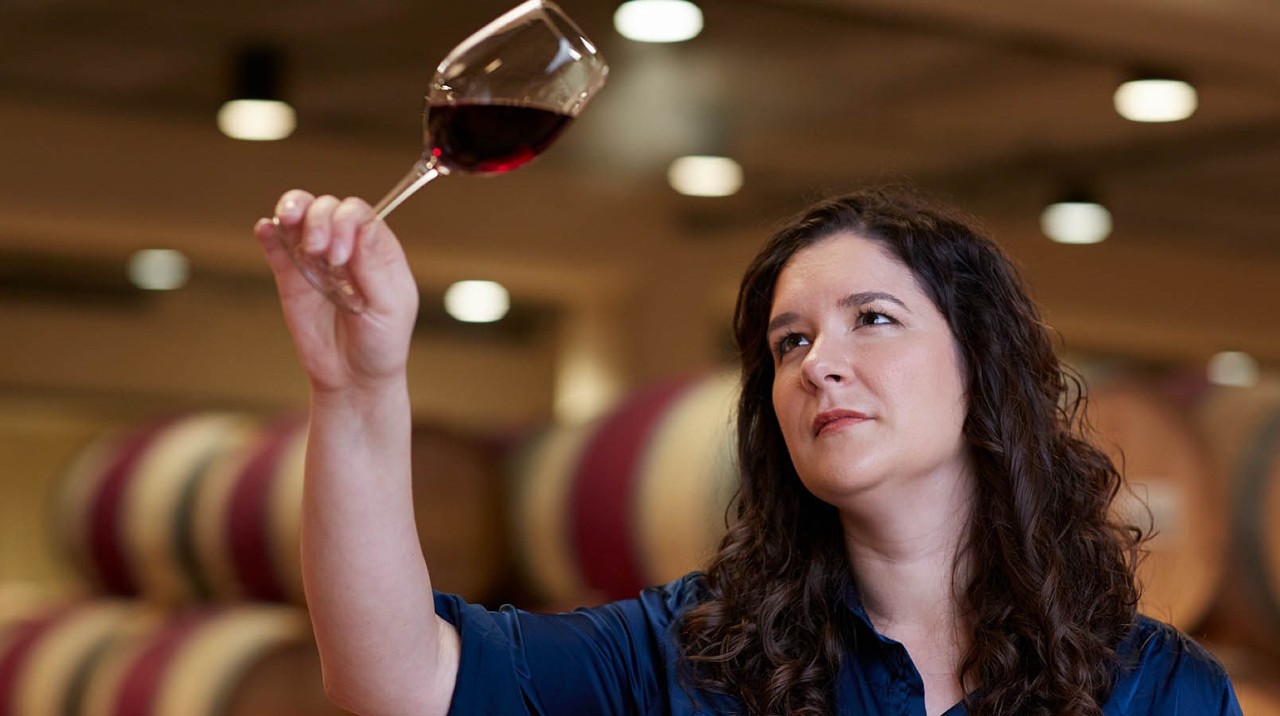You can’t make an omelette without breaking a few eggs, the old saying goes.
For some vintners who grow their grapes in seemingly flexible AVAs, that saying seems to apply to wine. Trial and error (and being honest with yourself about the result of the trial) can lead to figuring out what works best in your vineyard, said Jan Palaggi, owner and co-CEO of Palaia Winery and Meadery in New York’s Hudson Valley.
That, and knowing the limitations of your land and climate.
“Beginners can take advice from everyone and anyone, but you have to know what grows well on your soil and conditions,” Palaggi said.
Palaia started with several varietals but ultimately kept just a few grapes. In the beginning days, their vines contained Cabernet Franc, Sangiovese, Seyval Blanc, Lemberger and Traminette.
Not all of these made the cut, Palaggi said, but lessons were learned from the ones that didn’t work out.
“The Sangiovese was a mistake,” Palaggi recalled. “It grew pretty grapes but not with a good flavor. The Cabernet grew but was fussy about the weather. The Lemberger grew too well — all vine and easily damaged vines. The Seyval was OK, but nothing special.
“The Traminette was perfect for our area and is growing well. We now grow Cab and Traminette with some Chambourcin.”
Palaia is a family-owned and run winery. Co-owner Joe Palaggi learned how to make wine from his grandfather, Angelo Palaia, and passed the skill along to his son and daughter-in-law. They make about 3,500 cases a year.
“All good Italians have a grandpa in the basement making wine,” Jan Palaggi said. “Then (Joe) took classes and seminars and practiced at home until he got good at it. Consistency is vital as we make mostly blends here.”
Sticking to grapes that grow well in the Hudson River Valley has helped Palaia keep its customers happy.
“Customers love estate wines — they will pick them nine times out of 10 at tastings,” Palaggi said. “But then, they also love wines that have won awards no matter what kind they are.”








Be the first to comment